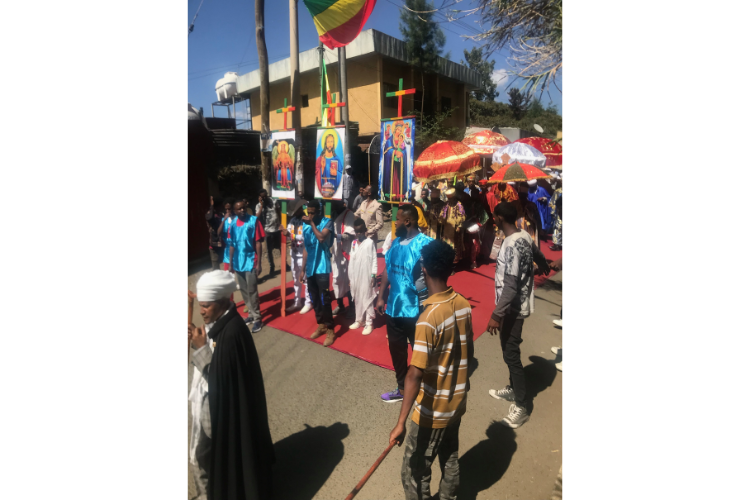Course Alert: Anthropology of the Jews

Does anthropology have a Jewish problem? What are some of the contested ways in which writing (or not writing) about Jews has helped to shape the whole discipline? How should we be thinking about the ethnography of Jews at this moment of racial reckoning in the United States, what are some of the different ways in which debates about modern Israel have shaped anthropological writing, and is "anthropology of the Jews" similar to "anthropology of Christianity or of Islam?" Emory undergraduates now have the opportunity to explore these ideas in depth in JS 258-1: “Anthropology of the Jews,” cross-listed with the Departments of Anthropology and Religion, respectively.
For students of anthropology, as well as for students of Jewish studies, this course takes up a profound influence Jews have had in modern social science that hasn't been widely discussed. Set to offer the class in the Fall 2023 semester, TJIS core faculty member Don Seeman looks to explore the modern Jewish condition and how it has influenced the field of anthropology. To that end, he envisions two purposes of the course that will be intertwined:
- Becoming familiar with the anthropological literature on Jewish communities, Jews and Judaism - Ethiopian Jews, American Jews, Jews in Israel, etc., as they've been represented in anthropological literature.
- Tracing some of the Jewish context of the discipline of anthropology itself.
Rather than a survey of all the Jewish communities in the world, the course will focus on what has been published by titans in the field – such as Claude Lévi-Strauss and Tristes Tropiques - and grant students opportunities to start reading it critically. “There's a long list of important, especially early anthropologists, who were Jews,” Seeman notes. “Very few of them, if any, wrote about Jewish topics, but that doesn't mean that the fact of their having been Jews is unimportant to the growth of the discipline. So I'm going to argue that the some of these founders of anthropology as a discipline really wrote out of what I would call a ‘Jewish condition’ that influenced the kinds of problems they looked at, and the kinds of things they said, even when they weren't specifically focused on Jews or Judaism.”
Ultimately, Prof. Seeman aims for the course to convey a sense of intellectual excitement and discovery. Students will investigate and engage with the material through frequent course discussions and written assignments.
No prerequisites in Jewish Studies or Anthropology are required! Just a willingness to read, consider and discuss.
Published April 10, 2023